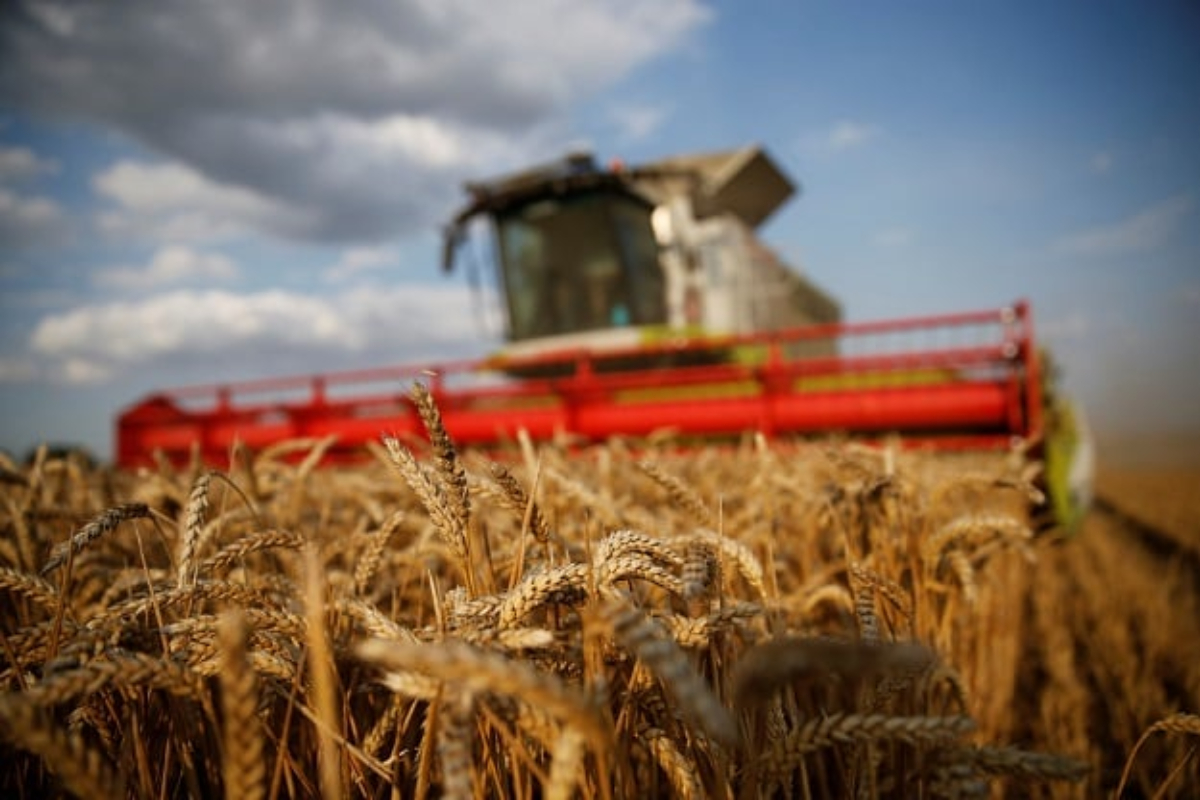Pakistan incurred a loss of Rs496.39 billion last year due to improper handling of five major crops.
According to data from the Pakistan Bureau of Statistics, wheat experienced post-harvest losses of 9%, while rice, corn, and hot peppers each faced losses of 15%. Potatoes saw the highest loss at 19%.
The financial impact of these post-harvest losses was Rs158.12 billion for wheat, Rs79.75 billion for rice, Rs115.5 billion for corn, Rs142.27 billion for potatoes, and Rs0.75 billion for hot peppers.
Sajid Mahmood, a member of Crop Life’s Biotech and Seed Committee, noted that Pakistan lost 2.53 million metric tons of wheat out of a total production of 28.16 million metric tons last year.
He also reported a loss of 1.1 million metric tons of rice from a total production of 7.32 million metric tons, along with losses of 1.65 million metric tons of corn, 1.58 million metric tons of potatoes, and 0.02 million metric tons of hot peppers.
Crop Life Pakistan organized a workshop titled “Outlook of Agriculture in Pakistan” in Murree, in collaboration with the Agricultural Journalists Association (AJA) Lahore.
At the event, Crop Life Asia’s Executive Director Siang Hee and Pakistan’s Executive Director Rashid Ahmad discussed the organization’s efforts to enhance productivity in the agricultural sector.
Sajid Mahmood presented a comparison of post-harvest losses in Pakistan versus developed countries, stating that annual losses in cereals and oilseeds in Pakistan range from 8-12%, while in the United States, they are just 1-2%. In horticultural crops, losses are 35-40% in Pakistan, 30-40% in India, and 20-23% in the US.
He emphasized the need to improve harvesting techniques, upgrade storage facilities, enhance collection and distribution infrastructure, implement proper drying practices, and improve transportation with cooling and ventilation. He urged authorities to enhance growers’ access to credit to address these issues.
Muhammad Asim, Lead of Crop Life’s Biotech and Seed Committee, highlighted that the increasing population demands more food and feed, pointing out that climate change and shrinking agricultural land pose significant challenges.
He called for the introduction of climate-resilient crops and customized solutions to achieve food security.
Additionally, Muhammad Shoaib, a member of the Biotech and Seed Committee, suggested that further discussions on seed regulations in Pakistan are necessary.
He urged the government to support research and development and the adoption of modern technology, advocating for facilitation of legitimate R&D companies, rationalization of quantities per import permit for R&D seed imports, and an updated pest list.
















